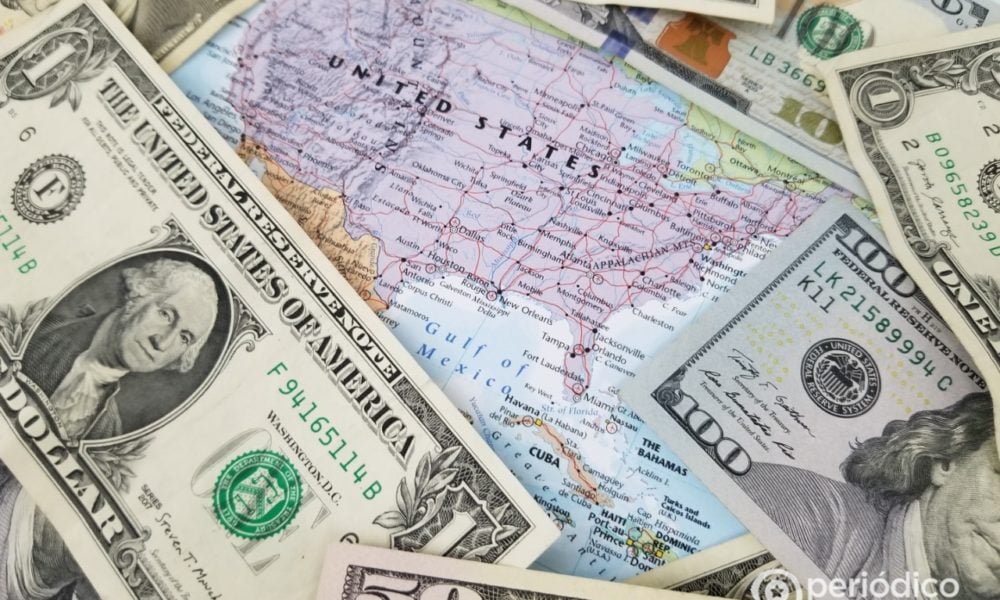The intention is to alleviate the economic situation caused by the pandemic (Photo: Cuban newspaper)
The House of Representatives on Wednesday approved the $ 1.9 trillion Covid-19 aid package, which will deliver checks for $ 1.400 to millions of Americans, while extending improved unemployment benefits and increasing funds to optimize the distribution of vaccinations and reopen schools.
A “rescue of the nation” plan to alleviate the economic crisis due to the coronavirus pandemic, the Democrats cataloged it. Despite the overwhelming rejection of the Republicans, the proposal is already a reality. It only remains for the president’s signature to be enacted as law, which is scheduled for this Friday.
The result of 220 votes in favor and 211 against, sends the legislation to Joe Biden as a final step, assuring him his first legislative victory since taking office less than two months ago.
After Biden signs the bill, the turnaround time for it to reach people’s pockets could be relatively quick – a few days after signing, according to CNN.
All payments will not go out in one go. Those who have their bank information on file with the IRS would likely receive the money first, because it would be deposited directly into their accounts.
“This legislation tries to give the backbone of this nation – the essential workers, the hardworking people who built this country, the people who keep this country going – a fighting chance,” Biden said in a statement.
The Senate had approved the bill in a vote of 50 to 49 last Saturday, after making changes to the original version approved by the House, including reducing unemployment benefits and reducing the number of people who will receive a stimulus check.
The legislation will grant $ 1,400 out-of-pocket payments to people with incomes less than $ 75,000, and $ 2,800 in the case of married couples earning less than $ 150,000. Those who generate income up to $ 80,000 and joint contributors up to $ 160,000 will receive a certain amount of money, but not all. Direct cash includes up to $ 1,400 per dependents.
The bill will also guarantee $ 300 a week in enhanced unemployment benefits, through Sept. 6. It would expand the annual child tax credit to $ 3,600 for children ages 5 and under, and $ 3,000 for children ages 6 to 17.

